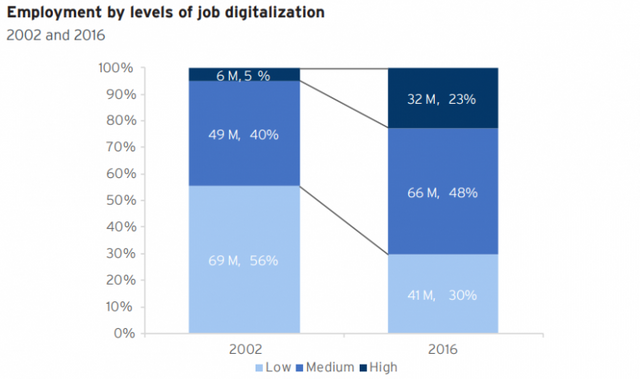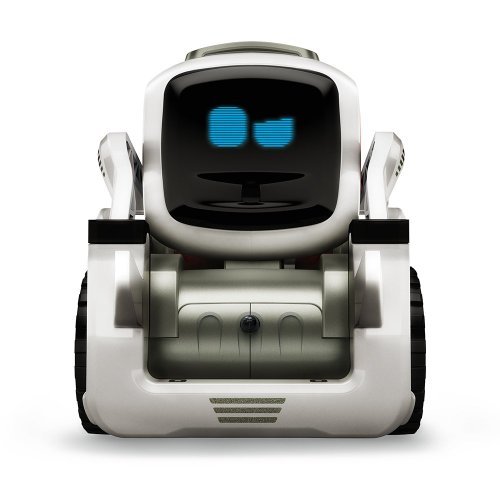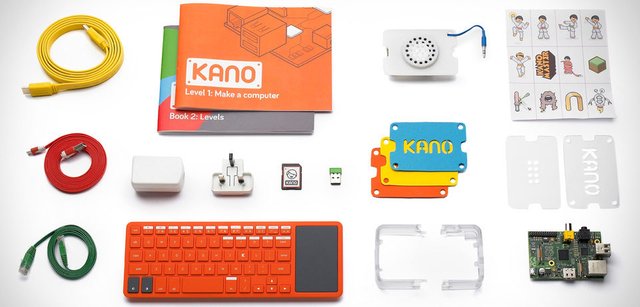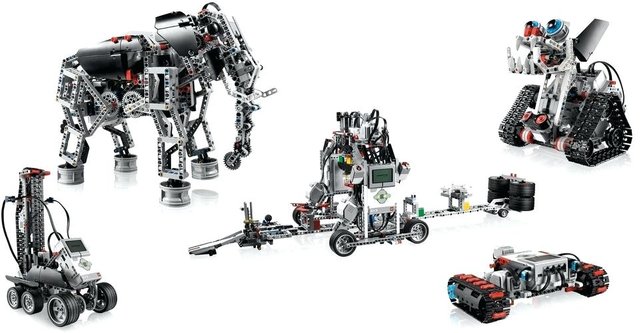STEM Skills Can Increase Earnings & Employability - Here’s How to Develop Them
The concepts of Science, Technology, Engineering and Math (STEM) are extremely important in the 21st century. Firstly, because the majority of job nowadays requires you to have some level of digital skill.
For example, in the US the number of jobs requiring you to have very high end digital skills, such as coding, has increased from only 5% in 2002 to 23% in 2016! Those requiring a medium skill level have also increased by 8% over the same period. So essentially STEM skills can make you a lot more employable.
The second reason they are important is because the skills you can learn through STEM can make you better at approaching the challenges you are likely to encounter in the workplace. For example, when experimenting with robotics or coding, you regularly have to use trial and error to solve problems. The same is true when you encounter real life problems, you have to try different solutions until you solve the problem.
Finally, STEM jobs on average earn significantly more than the average salary in pretty much every country, often 1.5 - 2x more. Even in non STEM fields and jobs, tech skills can massively increase earnings. For example, liberal arts graduates can earn anywhere from $300-17,500 more than the average with the addition of different tech skills!
So What’s the Best Way to Develop STEM Skills?
We’ve just told you that STEM skills can help you earn more, secure jobs easier and be better at them, but what’s the best way to develop these skills? In the past it would have been a long and boring process to learn skills like coding, engineering and robotics - probably with your head buried in a text book!
However, now there are a whole host of innovative toys and kits designed to make learning these skills fun. Below we’ve given examples of kits for developing specific skills, but for a general overview check out this review of the best STEM toys for learning coding, robotics, science and engineering.
One of the best kits for learning the software side of robotics, as well as learning how to code, is Cozmo by Anki. This super advanced little robot teaches you how to program through several different ways. Firstly, there is a drag and drop platform for beginners where you just have to drag blocks that represent code into your own custom sequence. There is a simple version of this called Sandbox Mode and a more advanced one called Constructor Mode.
If you already know some programming, there is an even more advanced option called the Cozmo Software Development Kit (SDK). With this platform you can use Python to code more complex programs for Cozmo. As you have access to all his advanced sensors and motors, there are so many possibilities.
Additionally, as Cozmo also connect to third party libraries like Twitter and IFTTT, you can do things like Tweet Cozmo to switch on your smart lights! And that is really only the beginning, there is so much you can do with this neat little robot. Find out more about cozmo and others like it in this article on the top toys for learning coding.
Another great way to develop STEM skills like coding, electrical engineering and computing is to actually build your own computer! There are lots of great and affordable DIY computer kits for different age groups out there, with what’s right for you depending on your ability level.
For kids, the <Kano or Piper computer kits are great. Both feature story line style learning where kids have to build their own mini computer. Next, they can learn to program through fun and interactive challenges! They have been so successful that even Apple Co-Founder Steve Wozniak invested during the Kickstarter campaigns.
For teens and adults, there are tons of kits that either use a Raspberry Pi or Arduino microcontroller - a tiny computer. A great option is the SunFounder Super Starter Kit as it is super affordable, but still features a massive selection of sensors that you can learn to build and program.
The kits we have outlined above are all good in their respective fields, but lack much in the way of developing mechanical engineering skills. For this, there is not much better than Lego Mindstorms or Vex IQ. Both are versatile kits that enable you to build and program your own custom robots!
Since the parts are all snap together, there is essentially unlimited scope to build any design you can think of. The kits also come with a vast array of sensors, motors and processors that enable you to do some pretty advanced things. The only downside is they are quite costly, so check out this budget robotics kits for adults if you are looking for something cheaper!
The kits here are so much more than toys, they are learning tools that can help you get a leg up in the modern world through learning some essential skills.




Skills should be updated continuously in order to compete with the modern world.
For sure, and it can be pretty hard to stay up to date when technology is progressing so fast!
If it is hard means there are going to be less people who are going to achieve it ... this means OPPORTUNITY ;)
Again this is true. I think that learning these skills through things that are fun and enjoyable is the best way too
This post has received a 20.07 % upvote from @boomerang.
You got a 41.91% upvote from @upmewhale courtesy of @kingkrypto!
Earn 100% earning payout by delegating SP to @upmewhale. Visit http://www.upmewhale.com for details!
Congratulations @kingkrypto! You have completed the following achievement on the Steem blockchain and have been rewarded with new badge(s) :
Click on the badge to view your Board of Honor.
If you no longer want to receive notifications, reply to this comment with the word
STOPDo not miss the last post from @steemitboard:
Nice post. I agree that STEM education helps teach skills that can apply to almost any job. However, I'd point out that not all STEM fields are profitable. The basic sciences and softer sciences often have fewer employment opportunities and less funding all around and may not teach skills that are applicable to all other positions.
So when you were talking about STEM's skill, you were actually referring to coding and programming, isn't it? STEM's skill is quite a broad term don't you think? Reasoning and the ability to make a STEM-related argument can also be classified under STEM-related skills.